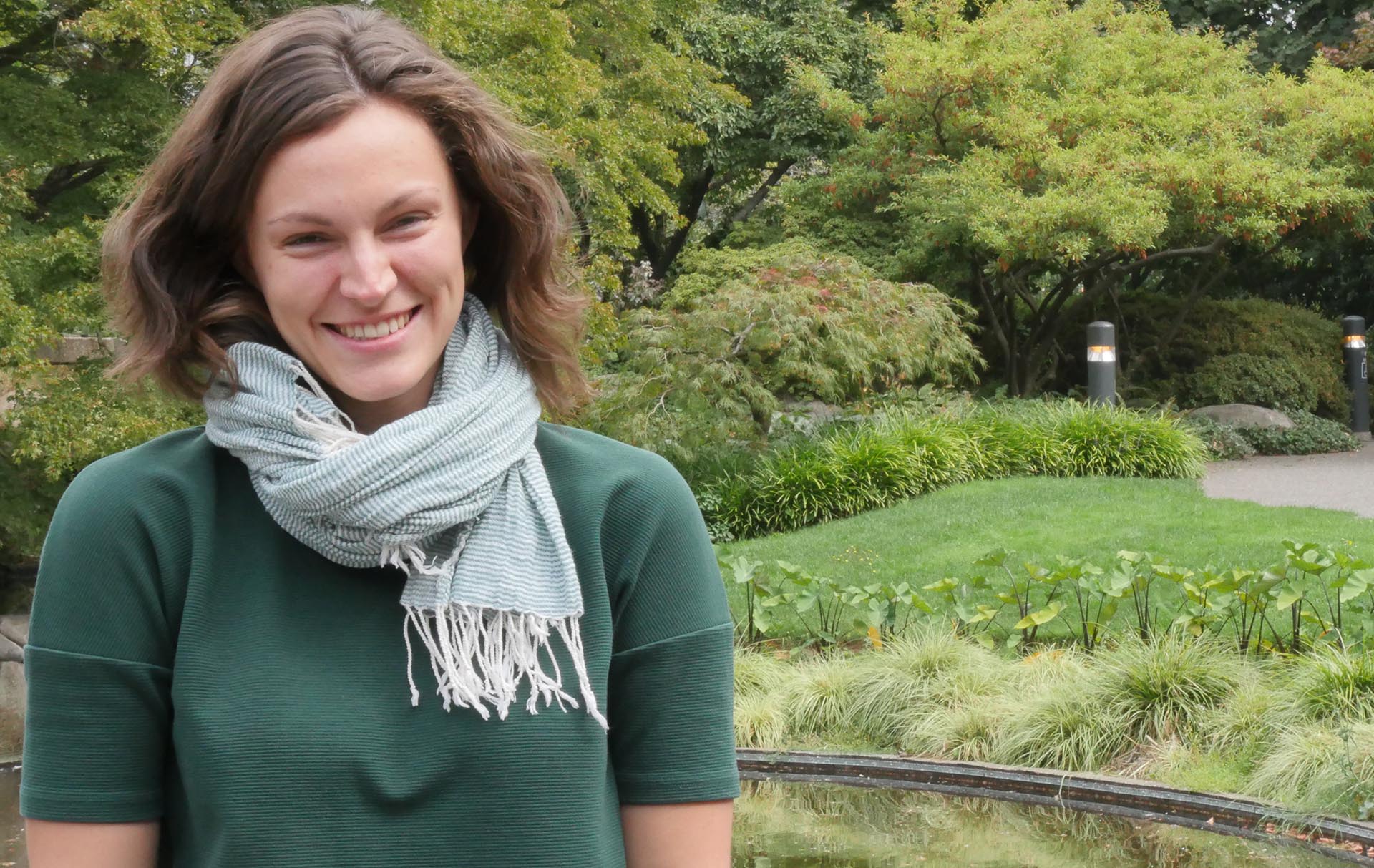Language Sciences members won a number of awards this year, including a University of British Columbia (UBC) Killam Research Fellowship, election to the Royal Society of Canada, and a Global Public Scholar award.
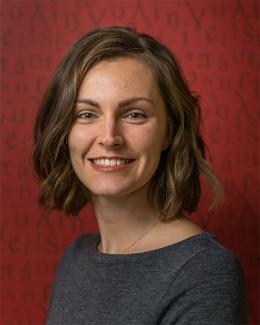
Language Sciences member and doctoral student Khia Johnson won a Public Scholars Award in September, as part of the UBC Public Scholars Initiative, which aims to support doctoral students as they strive for purposeful social contribution, produce new and creative forms of scholarship and dissertations, and explore diverse career pathways, according to the Graduate and Postdoctoral Studies website.
Johnson’s research aims for a greater understanding of what characterizes bilingual speech, specifically in the case of Cantonese and English. She will develop a body of interviews with Cantonese-English bilinguals in each of their languages, and then collaborate with experts in areas such as natural language processing to ask a variety of questions, including how to anticipate when speakers switch from one language to another.
Collaboration is important because it makes the results and outcomes of research more accessible to the public, Johnson said, and brings together different perspectives, and diverse opinions. She was initially inspired to study language by her experiences as a high school exchange student in Chile, followed by studying Arabic, a Bachelor of Arts in Linguistics, and work with a children’s language school, she said.
“Multilingualism is the norm worldwide.”
Read more about Johnson’s research here.
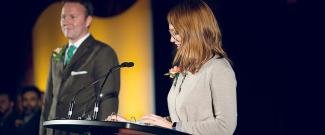
Associate Professor Kiley Hamlin was welcomed into the Royal Society of Canada at the annual general meeting in November. Photo credit: The Royal Society of Canada.
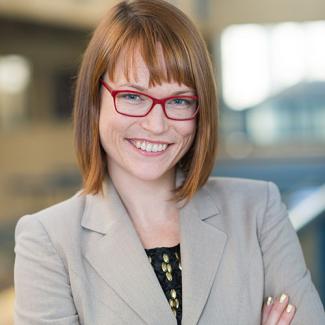
Language Sciences member and Department of Psychology Associate Professor Kiley Hamlin was named a Member of the Royal Society of Canada’s (RSC) College of New Scholars, Artists and Scientists, and welcomed into the RSC at the annual general meeting in November. The College provides the RSC with a multigenerational capacity to help Canada and the world address major challenges and seize new opportunities including those identified in emerging fields, according to the RSC website.
She was honoured to be elected as a Member, Hamlin said, given the impressive competition.
Hamlin’s research investigates an age-old question: do humans inherently know what is ‘good’ and ‘bad’ behaviour? Her work explores the earliest development of moral sense, looking at babies’ moral judgements and their subsequent actions.
“[We’ve found] lots of evidence that infants are surprisingly sophisticated when one character is helping or hindering another one. They distinguish these [people] through their actions, by choosing to interact with helpers and not hinderers.”
This interaction involves who infants look at more, or reach for, and older children are able to map words associated with adult judgements (helpers are ‘nice’, while hinderers ‘should get in trouble’) to the same people, she said.
In collaboration with doctoral student Anthea Pun and Department of Psychology Associate Professor Andrew Baron, Hamlin’s ongoing work will involve examining babies’ judgements when it comes to those who speak other languages, with results indicating babies positively evaluate those who speak their language, but may not negatively evaluate those who speak other languages.
View a video of Hamlin’s research here.
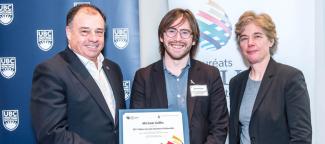
From left: Managing Trustee of the Killam Trusts Bernard F. Miller, QC; Associate Professor Michael Griffin; and Vice-President Research & Innovation Professor Gail Murphy. Photo credit: Graduate and Postdoctoral Studies.
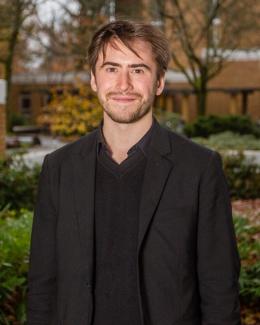
Language Sciences member and Department of Philosophy Associate Professor Michael Griffin was awarded a 2017 UBC Killam Research Fellowship in January for his project, ‘The Puzzle of Virtue: Indian Contributions to a Greek and Modern Theory’, presented in November. The Fellowships assist promising faculty members who wish to devote full time to research and study in their field during a recognized study leave, according to the Office of the Vice-President Research & Innovation website.
The project will explore the Ancient Greek, Indian, and Chinese philosophical notion of virtues – positive character traits that humans have, such as honesty, courage, and fairness - and argue that ancient philosophers described not default character traits, but an aspiration, or paradigm for how humanity could be, and how virtue might be cultivated, Griffin said.
“Understanding ancient ideas of human character is, for me, very much an exercise in understanding languages—tracking the original vocabulary in (for example) Greek, Latin, Pāli, and Sanskrit.”
Griffin said he was grateful to the committee, Killam family, and trust, and the university, for their support, and for encouraging exploratory research in the humanities.
“The Ancient Greeks and Romans came to think that a training in logic and rhetoric—being able to tell the difference between a good argument, and a merely persuasive speech—was important to good citizenship. I think that’s true!”
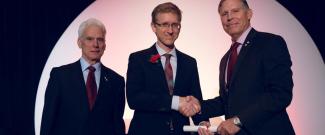
From left: Royal Society of Canada Academy of the Arts and Humanities President Jean Grondin; Professor Bryan Gick; and Royal Society of Canada President Chad Gaffield.
Language Sciences co-director and Department of Linguistics Professor Bryan Gick was elected a Fellow in the Academy of Arts and Humanities of the Royal Society of Canada, and welcomed into the RSC in November. Recognition by the RSC is the highest honour a scholar can achieve in the arts, social sciences and sciences in Canada, according to the RSC website.
Gick’s current research is investigating how speech is produced by the human body, a “wide open” and complex area of interdisciplinary research, he said.
“Linguistic communication is a really important part of being human, and our daily lives, how we interact with each other and with technology - and all of that happens through the body.”
“When something goes physically wrong with some system of the body involved in producing speech, it is not always clear how to fix it. Elucidating the mechanics of human speech can help find solutions,” he said.
Gick said being elected as an RSC fellow is important in building interdisciplinary connections, helping scholars outside of the specific disciplines see the value of the work. This is something he hopes Language Sciences can help people working in language-related research across UBC achieve in the coming year. “[In 2019], I hope Language Sciences members are feeling increasingly confident about exploring new areas of research, and seeing the value of collaborating with people outside of their usual circles.”
View a video of Gick’s research here.
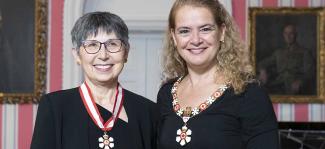
Her Excellency the Right Honourable Julie Payette, Governor General of Canada, presents the Officer insignia of the Order of Canada to Professor Janet Werker. Photo Credit: Sgt Johanie Maheu, Rideau Hall © OSGG, 2018.
Language Sciences co-director and Department of Psychology Professor Janet Werker was invested as an Officer of the Order of Canada in November, and was awarded the 2018 Killam Prize in Social Sciences at a ceremony in November. The Order of Canada recognizes outstanding achievement, dedication to the community and service to the nation, according to the Governor General of Canada’s press release. The Killam prizes recognize the career achievements of eminent Canadian scholars and scientists actively engaged in research, according to the Canada Council for Arts website.
Werker said it meant an enormous amount to be invested, and to have been awarded the prize. “To achieve recognition of this kind just feels fantastic.”
View a video of Werker’s research here.
Congratulations to our award winners!
Are you a Language Science member who has recently won an award? Please let us know via alex.walls@ubc.ca
Would you like to collaborate with other Language Sciences members? Check out the Language Sciences Initiative’s Find a Collaborator tool.
